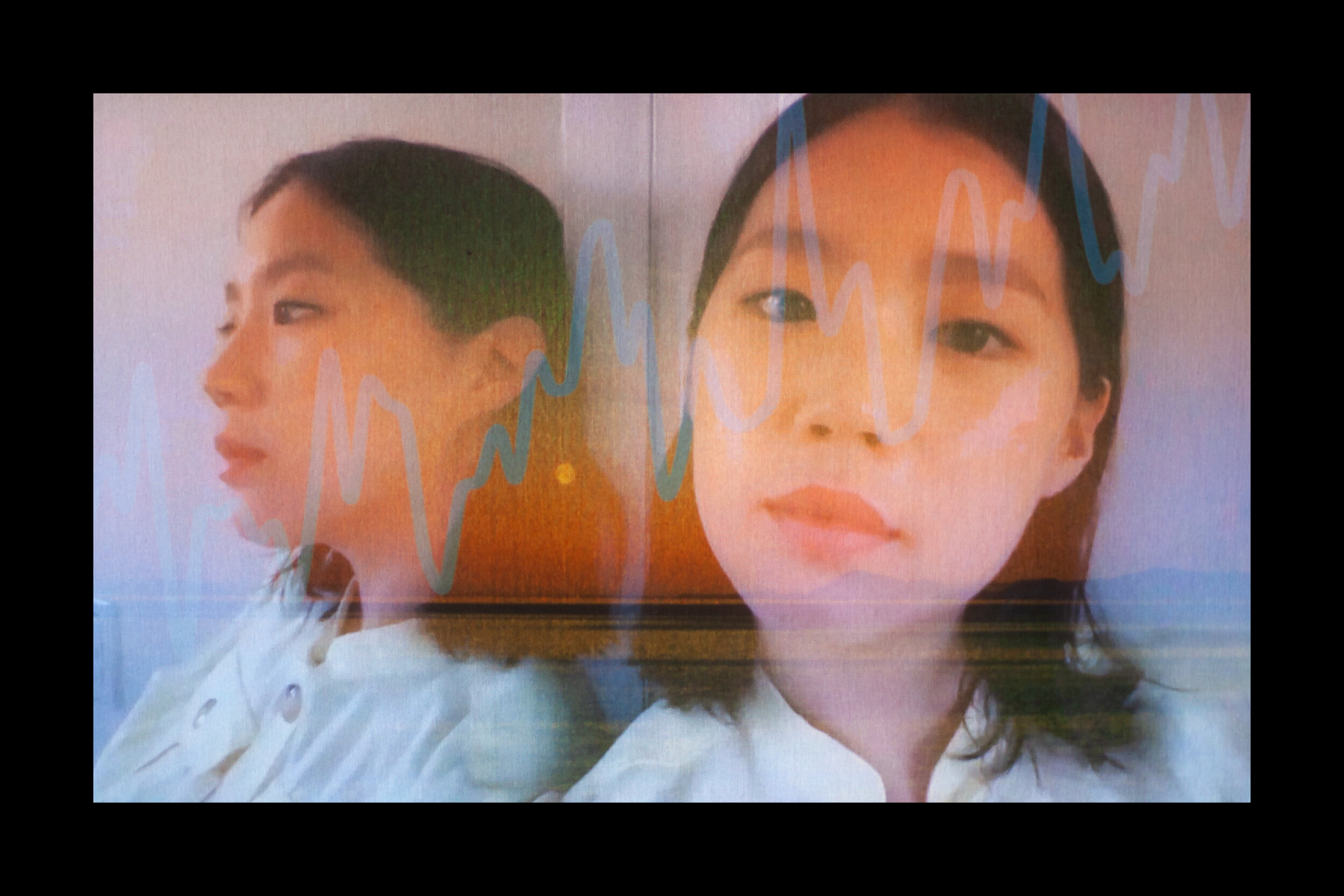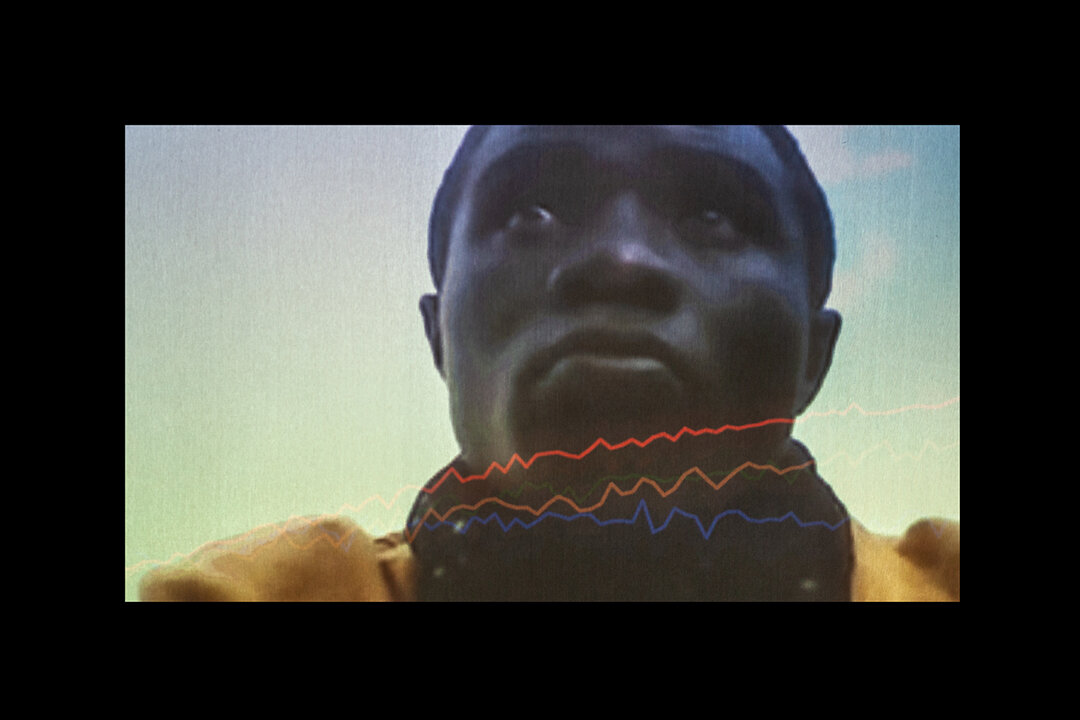we are still here.
In January 2020, as the pandemic spread across the globe, the world went into lockdown. Flights were grounded, transportation slowed, and economic and social activities were put on hold. As the world considers transitioning out of a global pandemic that has been responsible for the loss of hundreds of thousands of lives, has highlighted racial, class, and economic inequities, and has spurned major economic recessions, many scientists, activists, and practitioners working on the front lines of climate change see this is an opportunity to create a more just, equitable, and sustainable future for all. #wearestillhere is a remote portrait project created using projections highlighting the stories of more than 35 climate change scientists, activists, artists, journalists, and practitioners from over 10 countries who have been impacted by COVID-19.
During the pandemic, the world has experienced the quickest single decline in global greenhouse gas emissions in the last 100 years. In 2020, global carbon dioxide emissions have fallen by 6.4% and in the US, emissions have dropped more than 10%. But beyond this forecasted temporary respite, scientific studies dedicated to better understanding the impact of climate change in the Arctic have been stalled or canceled due to international travel bans, logistical challenges, or loss of funding. Crucial international climate negotiations like COP26, the World Conservation Congress, UN Ocean Conference have been delayed. Law enforcement efforts crucial to protecting important carbon sinks were hobbled, resulting in illegal logging and deforestation. Relief and stimulus spending are at unprecedented levels, resulting in bigger and deeper deficits in countries across the world that may impact their willingness to meet (or augment) their existing Paris pledges. Climate change activism has moved online. Practitioners supporting communities adapt and build resilience to climate change have lost work, funding for projects, or have faced additional challenges to their work including unanticipated childcare and homeschooling, caring for sick parents, or getting sick themselves. The impacts have been deep and personal. Like for Layel Camargo, 31, a transgender Indigenous climate activist and artist based in Los Angeles, California. In addition to their work being sidelined, Layel survived COVID. And two weeks after they recovered, they watched from afar as their uncle passed away from the virus alone in the ICU. Or Dr. David Molden, 65, Director General of the ICIMOD (one of the largest climate research institutions in central Asia) in Kathmandu, Nepal, who has experienced significant setbacks in his institution's climate change research in the broader Hindu-Kush Himalayas. In April of last year, coronavirus even took John Houghton, a Nobel Prize winner and luminary scientist who helped bring the climate change to the attention of the world.
This project is intended to highlight the impacts of the pandemic on this critical work. Although many have encountered a vast array of challenges, these individuals have found unique and innovative ways to fight for a better world. The work has continued. It must.







